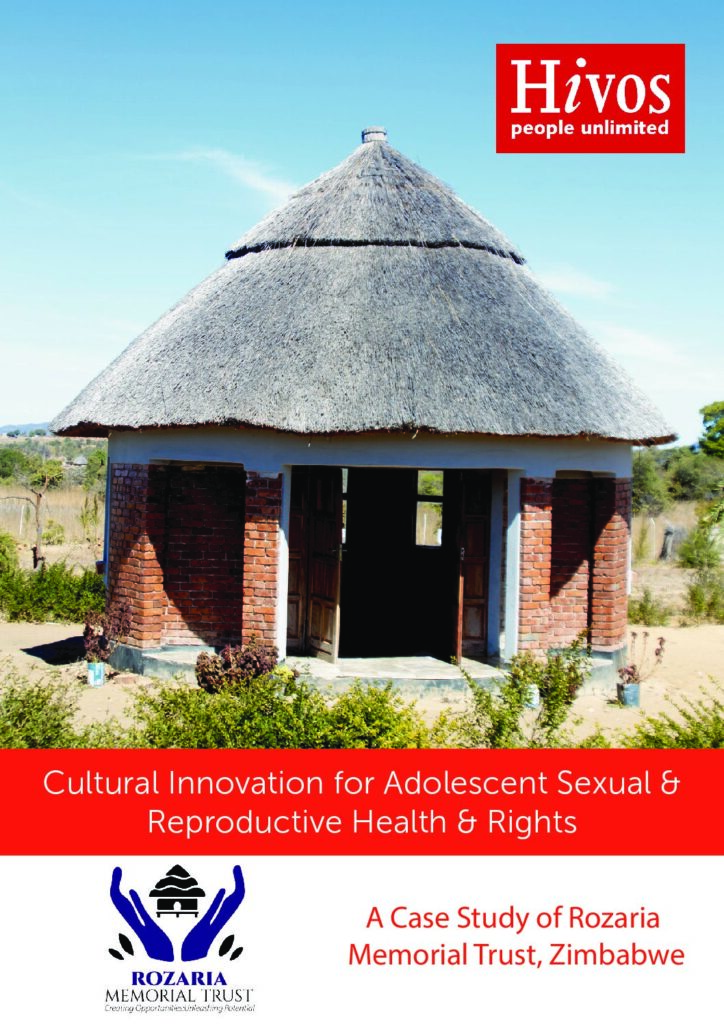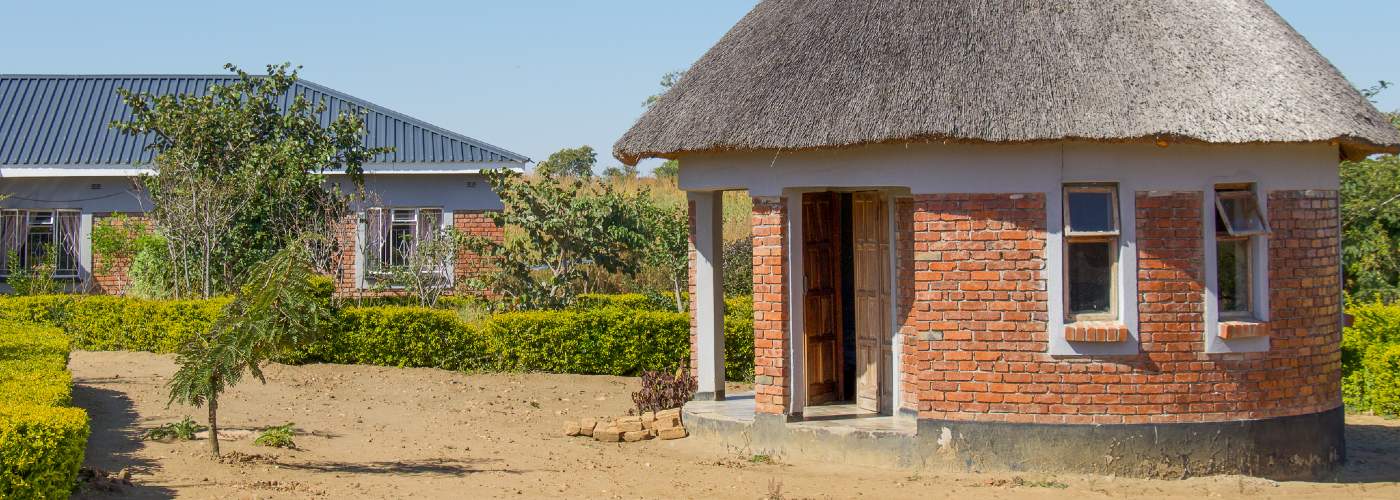Child marriages in Murehwa and Shamva District have a prevalence rate of 38%, which is higher than the national prevalence of 33%. Most of the causes of child marriages are preventable and yet, a myriad of interlinked factors have resulted in a high prevalence rate. In Zimbabwe, there are three main drivers of child marriage: poverty, religion and culture.
Given this backdrop, Rozaria Memorial Trust (RMT) has been promoting Sexual and Reproductive Health and Rights (SRHR) through shifting of traditional and cultural norms in Murehwa District. With support from Hivos through the Regional SRHR Fund, RMT implemented a project themed “Promoting adolescent sexual and reproductive health and rights through shifting of norms by traditional leaders”. The project was aimed at contributing to the availability of a critical mass of traditional leaders on adolescent SRHR campaigns for norm shifting to increase adolescents’ access to SRHR information and services in rural communities. The project utilized a cultural innovation through the ‘modern’ Nhanga concept.
Giving a voice to young women and girls
Through RMT’s initiative, young women and adolescent girls are empowered to have a voice and capabilities to assert for respect and protection of their human rights, especially in the context of SRHR, by addressing HIV, Gender-Based Violence (GBV) and child marriages.
The project contributed to the strengthening of the child marriage and SRHR by-laws in chiefdoms in Zimbabwe, as well as to document and develop tools for the application of Nhanga safe spaces as a cultural innovation to promote ASRHR.
The Cultural Innovation for Adolescent Sexual & Reproductive Health & Rights program showcases the importance of working with a critical mass of traditional leaders on adolescent SRHR campaigns for norm shifting. The case study is part of the Regional SRHR Fund’s documentation of case studies aimed at supporting cross learning and knowledge sharing to enable organizations conceptualize, design and coordinate adolescent SRHR advocacy. This initiative has been made possible with support from the Embassy of Sweden through the Regional SRHR Team.


